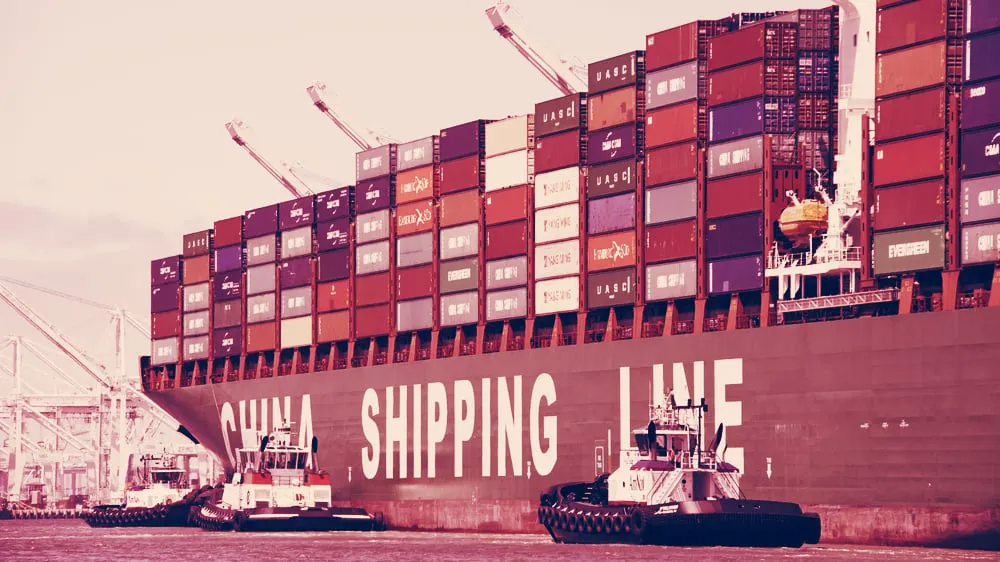In brief
- China's blockchain industry is growing faster than expected
- 10% of Chinese cities will adopt blockchain-based digital currencies by 2023
- Blockchain technology is also helping businesses secure loans despite the coronavirus.
A report last month by the International Data Corporation predicts that, by 2023, Chinese companies will have invested $2.7 billion into blockchain technology.
That’s $700,000 more than a prediction the IDC made in November, when it predicted Chinese companies would spend $2 billion on blockchain in the same time period, with a compound annual growth rate of 65.7 percent.
It makes a number of other predictions too. First, that 10% of Chinese cities will adopt blockchain-based digital currencies by 2023.
Second, by 2023, 40% of Chinese financial institutions will move from SWIFT—the international payment system that’s dominated by the US—and central bank infrastructure, to blockchain-based cross border payment systems.
And third, 85% of shipping containers will be tracked on blockchain by 2024.
Blockchain mitigates coronavirus chaos
China’s blockchain industry is already making headway. As a result of the coronavirus, the pandemic that’s got the country on lockdown, infected over 73,000 people, and killed over 1,800, blockchain solutions are getting more headway.
According to CNBC, 87 businesses based in China have received over $200 million in loans through a cross-border blockchain finance platform following the Lunar New Year Holiday.

Due to the impact of the virus, “the negative effects of previous pain points such as lack of trust in business, verification inefficiency, lack of information sharing and difficulty of timely supervision have been further amplified,” Henry Ma, chief information officer at Tencent-backed online lender WeBank, said in a statement.
As of February 14, banks and financial institutions have issued over $76.9 billion to fight the virus, according to Liang Tao, deputy head of the China Banking and Insurance Regulatory Commission, said Saturday morning at the same press conference in Beijing, reported CNBC.
“The cross-border, financial blockchain services platform can play a bigger role, and help medium and small-sized enterprises improve the efficiency and convenience of getting export trade financing and other financial credit support,” added Ma.

